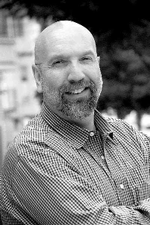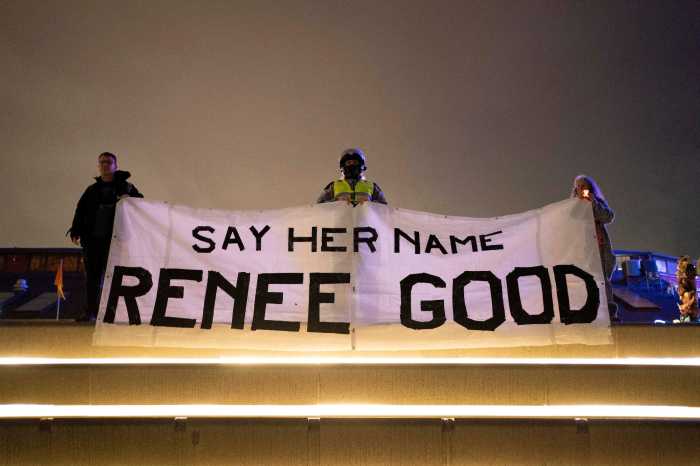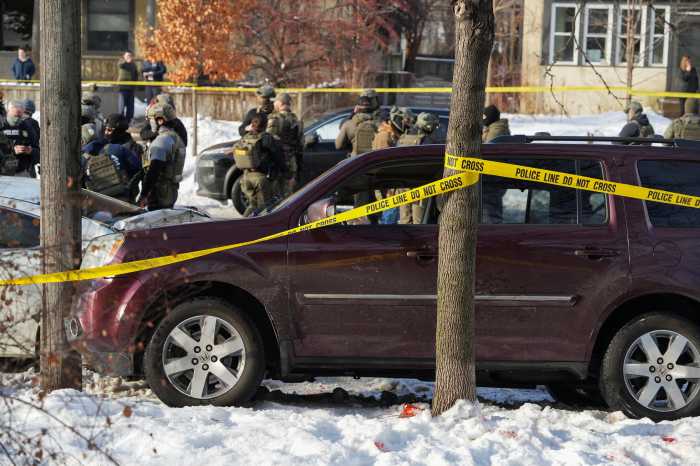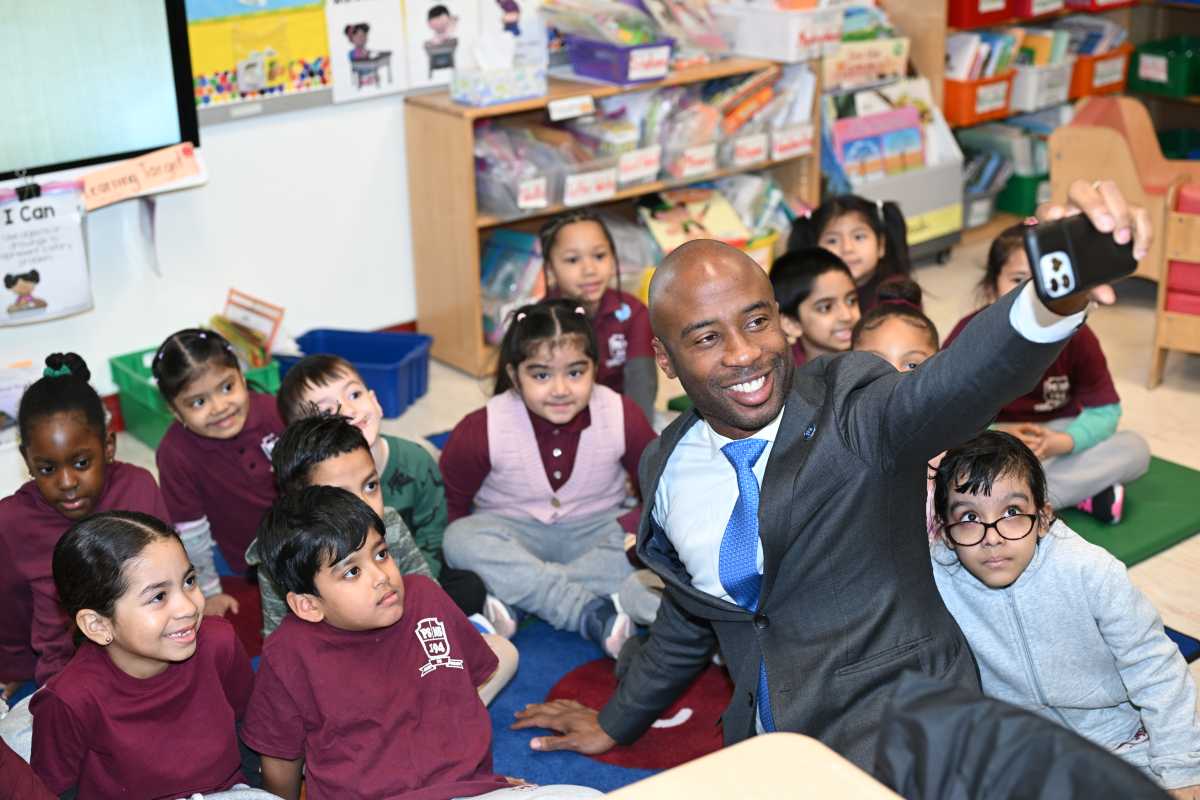Visionary gay, AIDS activist died suddenly in Provincetown
Eric Rofes, whose leadership in the LGBT movement dated back to the mid-1970s when he founded Boston Area Gay and Lesbian Schoolworkers, died June 27 on a visit to Provincetown from undetermined natural causes according to police. An organizer, activist, teacher, and author, Rofes was 51 and lived in San Francisco.
A native of Brooklyn, Rofes went to Harvard and was an elementary and middle school teacher when he emerged as an activist. Bay Windows reported that in Boston, he founded Out Here for Gay Youth, the Committee for Gay Youth, and the Gay and Lesbian Political Alliance, a seminal shot at organizing LGBT voters.
In 1985, Rofes went west to lead the Los Angeles Gay and Lesbian Community Services Center, establishing a variety of early AIDS services. Four years later, he took the helm of the Shanti Project in San Francisco, housing people with AIDS. He stepped down in 1993 amidst an investigation into funds that could not be accounted for, though he was never held responsible for that.
Rofes went on to be a founder of what is known as the “gay men’s health movement,” forging a national discussion about focusing more comprehensively on health, not just on the AIDS epidemic. He felt the “crisis” model needed to be supplanted.
He taught at the University of California at Berkeley and Bowdoin College in Maine, prior to becoming an associate professor of education at Humboldt State University in Arcata, California, where he taught community organizing and LGBT education for elementary and secondary school teachers.
At the time of his death, Rofes was active in Perfect
Union.net, an effort to “democratize marriage,” and served on the boards of the Woodhull Freedom Foundation in Washington, D.C., to promote sexual freedom, and Womanvision in San Francisco as part of his commitment to feminism. A prolific author and essayist, his books included “Reviving the Tribe: Regenerating Gay Men’s Sexuality and Culture in an Ongoing Epidemic” and “Dry Bones Breathe: Gay Men Creating Post-AIDS Identities and Cultures.”
“Rofes railed against those who suggested gay men should just ‘grow up’ and reject public sexual culture,” wrote his longtime friend, Benjamin Shepard.
Reverend Jim Mitulski, also a friend and a former pastor of Metropolitan Community Church/San Francisco, said, “He was willing to use his own life and relationship as a sacred text for others to examine and learn from. His ethical writing modeled the best of theological writing—he was a queer liberation ethicist, drawing on the personal when appropriate, while always making the broadest possible social application. He was edgy, creative, prolific. A natural learner, he anticipated the next thing while studying and documenting and interpreting the present.”
“Eric was first and foremost an activist,” said Richard Burns, executive director of New York’s LGBT Community Center and a close friend for more than 30 years, speaking from Provincetown after attending Rofes’ funeral on Wednesday with such other longtime friends as Urvashi Vaid, the former leader of the National Gay and Lesbian Task Force. “Although he published a dozen books and was a professor, he was never just an academic observer. He was a social justice activist who believed we could create a loving community of gays and lesbians.”
Burns said, “He celebrated gay men’s sexuality and when people pathologized it in light of HIV, he fought against that.” Rofes himself was HIV-negative.
Rofes had just visited New York to attend the Center’s Pride Week Garden Party, an annual tradition he used to reconnect with Burns and other friends here.
Eric Rofes is survived by his lover of 16 years, Crispin Hollings. There will be a memorial service in San Francisco on Saturday, July 15 at 3 p.m. at the Metropolitan Community Church. Hollings asked that donations be made to NGLTF or the Tennessee-based Highlander Center.
You can read more about his life and work, including many of his articles, at EricRofes.com.
gaycitynews.com




































